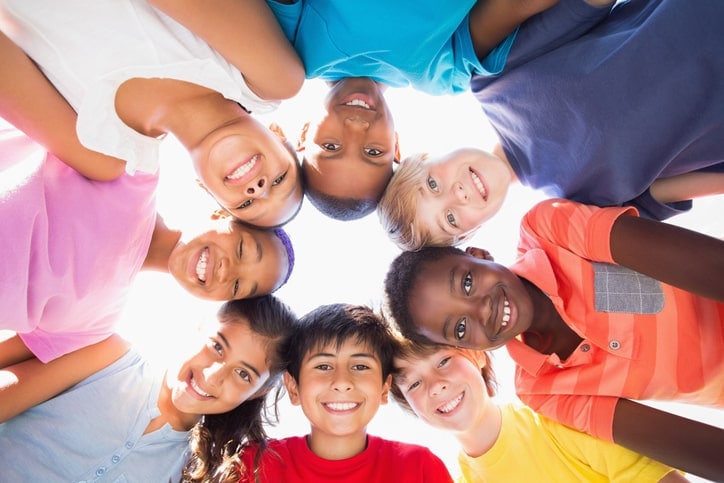Social Skills Education Approaches in the USA: Building Friendship and Cooperation
Social Skills Education Approaches in the USA: Building Friendship and Cooperation
Social skills are fundamental for children to build meaningful relationships and succeed in group settings. In the United States, parents and educators emphasize the importance of teaching cooperation, communication, and friendship-building techniques. This post explores effective social skills education methods that help children develop strong interpersonal skills while fostering a positive and collaborative mindset.
1. Why Social Skills Education Matters
Social skills education equips children with the ability to interact positively with others. It builds the foundation for teamwork, problem-solving, and healthy relationships. Here’s why it’s essential:
- Building Friendships: Helps children form and maintain meaningful connections.
- Team Collaboration: Encourages cooperation and group problem-solving.
- Effective Communication: Teaches active listening and respectful expression.
- Conflict Resolution: Equips kids with strategies to handle disagreements constructively.
2. Key Social Skills Education Approaches in the USA
2-1. Cooperative Learning
- Purpose: Enhance teamwork through group activities and shared goals.
- Core Techniques:
- Group Projects: Work together on problem-solving tasks.
- Peer Tutoring: Older students help younger ones understand new concepts.
- Collaborative Storytelling: Create stories as a group to practice cooperation.
Activities to Promote Cooperation
- Team Challenges: Solve puzzles or build structures collaboratively.
- Buddy Reading: Pair up to practice reading aloud and support each other.
- Group Discussions: Share ideas and build on each other’s thoughts.
2-2. Friendship Building Activities
- Purpose: Foster strong bonds and social confidence.
- Ideas:
- Friendship Circles: Share positive affirmations with classmates.
- Compliment Chains: Build a chain of kind words that stretches across the classroom.
- Role-Playing Scenarios: Practice introducing oneself and making new friends.
Benefits of Friendship Activities
- Boosts Confidence: Encourages positive social interactions.
- Promotes Inclusiveness: Helps children understand the value of kindness.
- Develops Communication Skills: Reinforces the importance of expressing feelings constructively.
2-3. Conflict Resolution Training
- Purpose: Teach children how to resolve disagreements peacefully.
- Techniques:
- I-Message Practice: Use "I feel... when... because..." to express emotions.
- Problem-Solving Workshops: Role-play conflicts and find solutions together.
- Reflection Time: Discuss what went wrong and how to improve.
Conflict Resolution Games
- Peaceful Problem Solving: Practice scenarios and brainstorm solutions.
- Emotion Charades: Act out feelings to build emotional awareness.
- Collaborative Storytelling: Create stories about resolving conflicts.
3. Utilizing Technology for Social Skills Education
3-1. Social Skills Apps
- Peekapak: Story-based lessons on empathy and cooperation.
- Social Adventures: Interactive social scenarios to practice decision-making.
- Everyday Speech: Videos and games that teach social cues and communication.
3-2. Virtual Team Projects
- Collaborative Story Writing: Use Google Docs to write a group story.
- Online Friendship Challenges: Post daily kindness goals on a classroom forum.
4. Building Social Skills at Home
4-1. Family Game Nights
- Why It Helps: Encourages cooperation and communication.
- Games to Play:
- Cooperative Board Games: Pandemic, Forbidden Island
- Team Puzzles: Work together to complete a challenging puzzle.
4-2. Daily Acts of Kindness
- Goal: Make kindness a routine part of daily life.
- Ideas:
- Compliment Cards: Write a kind note to a family member.
- Helping Hands: Do a small chore for someone else.
5. Final Thoughts
Social skills education prepares children for meaningful relationships and cooperative learning environments. By incorporating cooperative learning, friendship-building activities, and conflict resolution practices, parents and educators can nurture confident and socially adept individuals. Start implementing these methods today to help your child thrive socially!
Related Keywords
Social skills education USA, building friendships in children, cooperative learning methods, conflict resolution for kids, social-emotional learning strategies
Amazon best seller






Comments